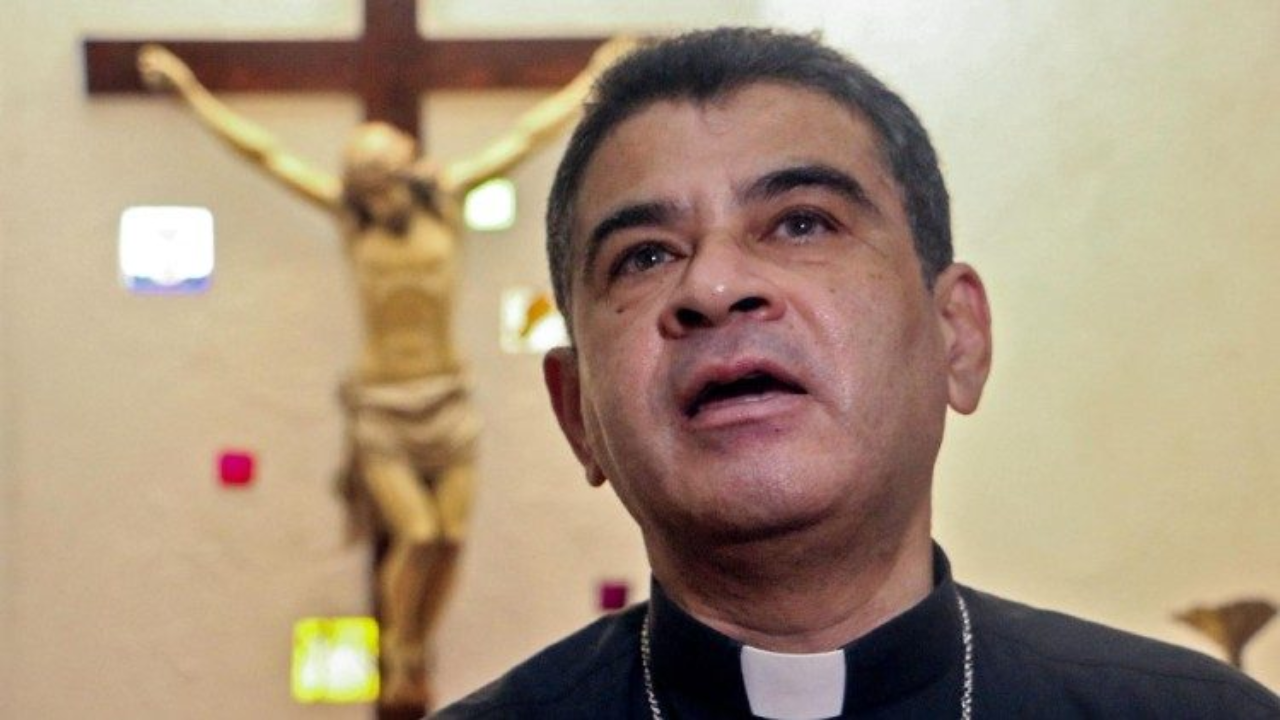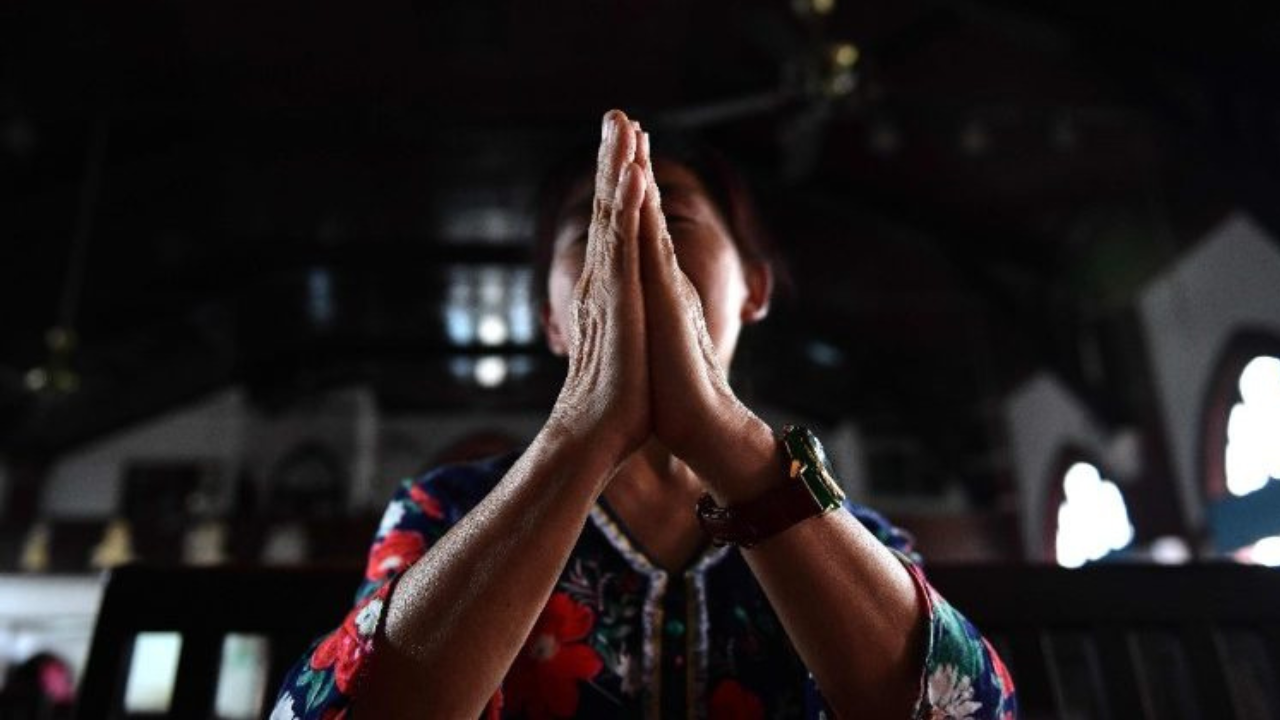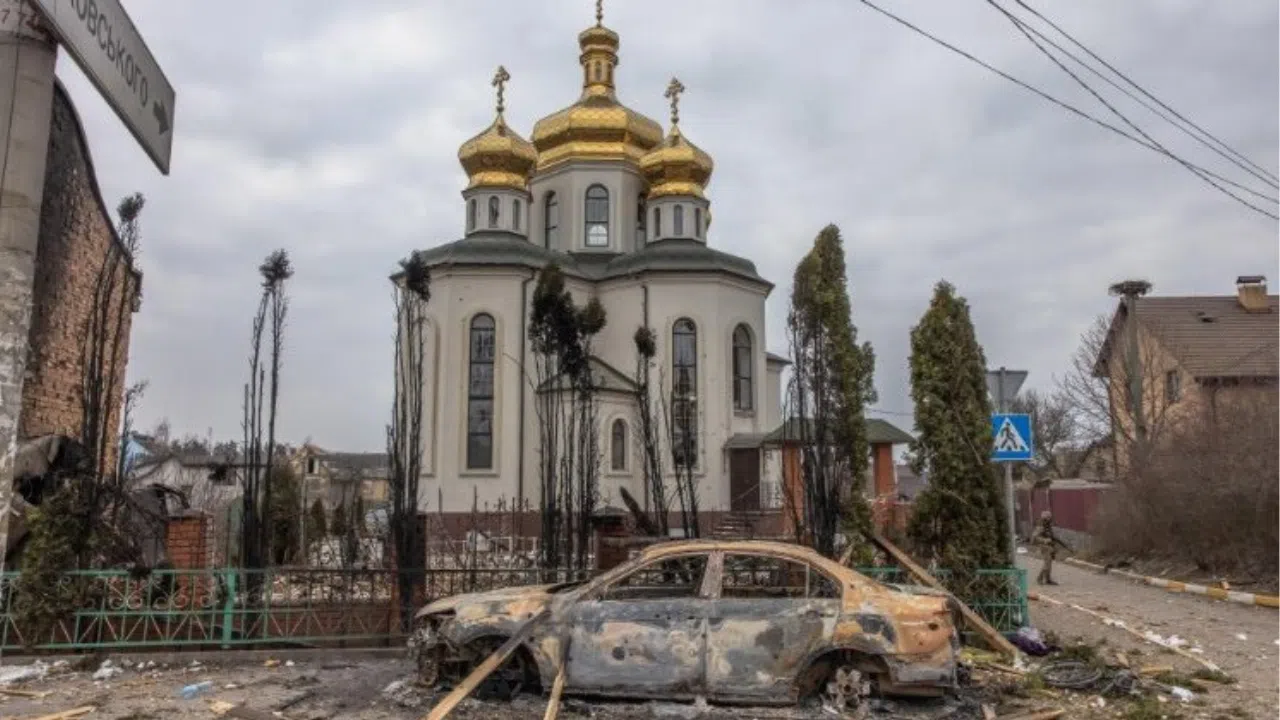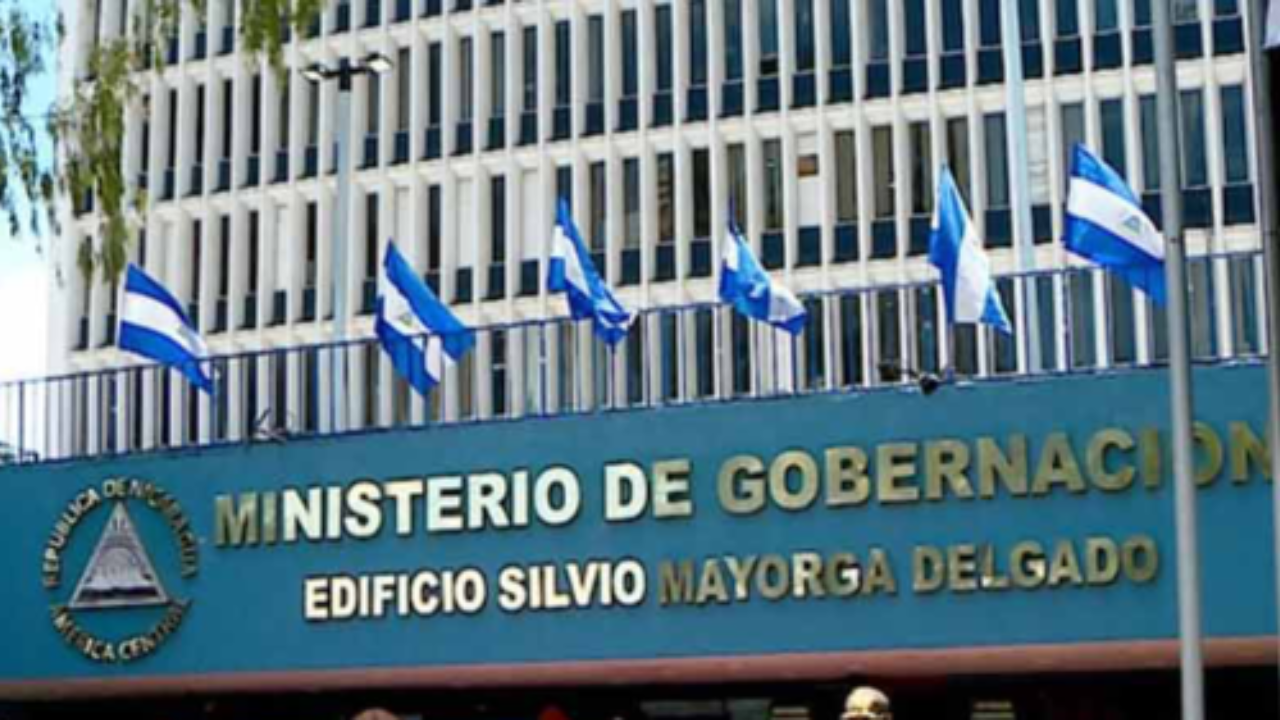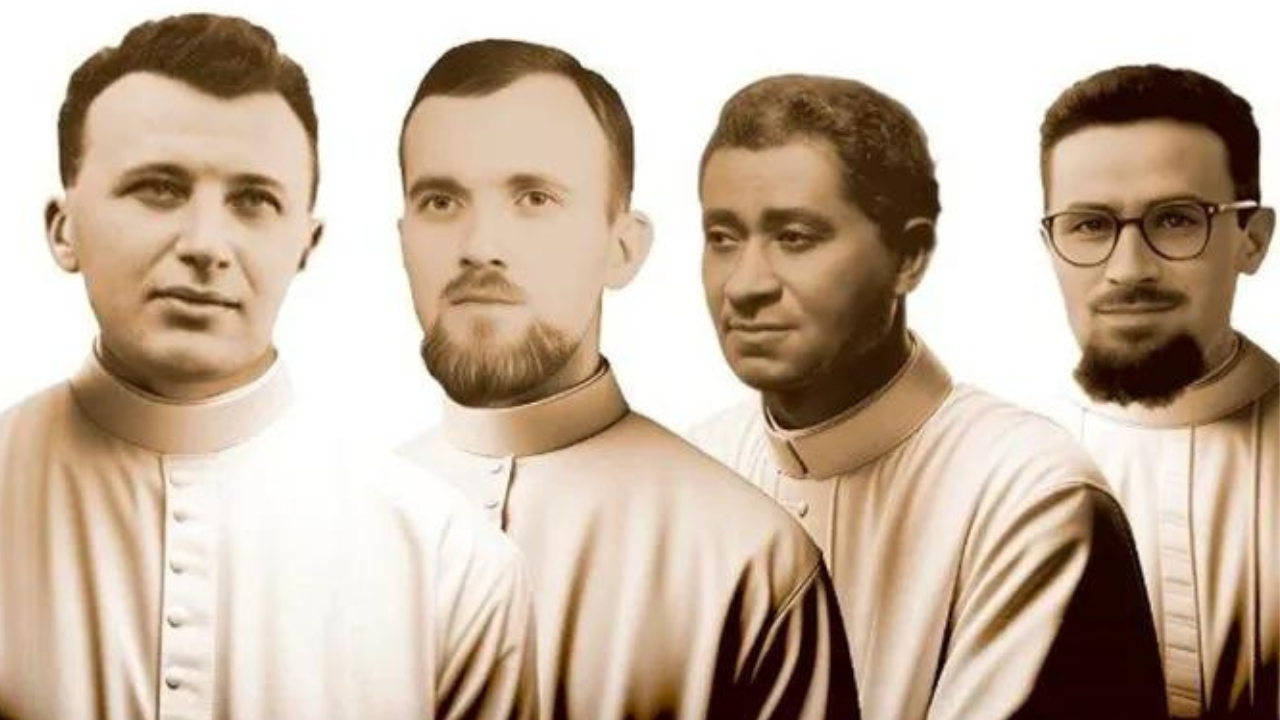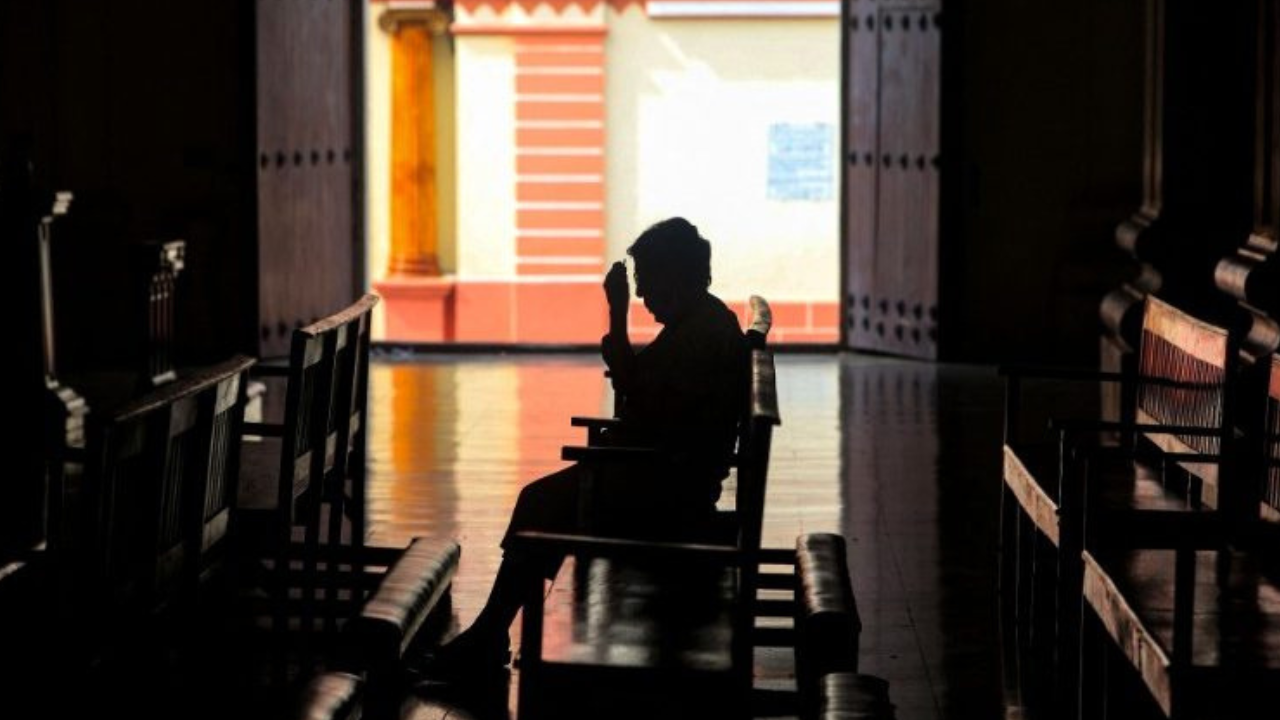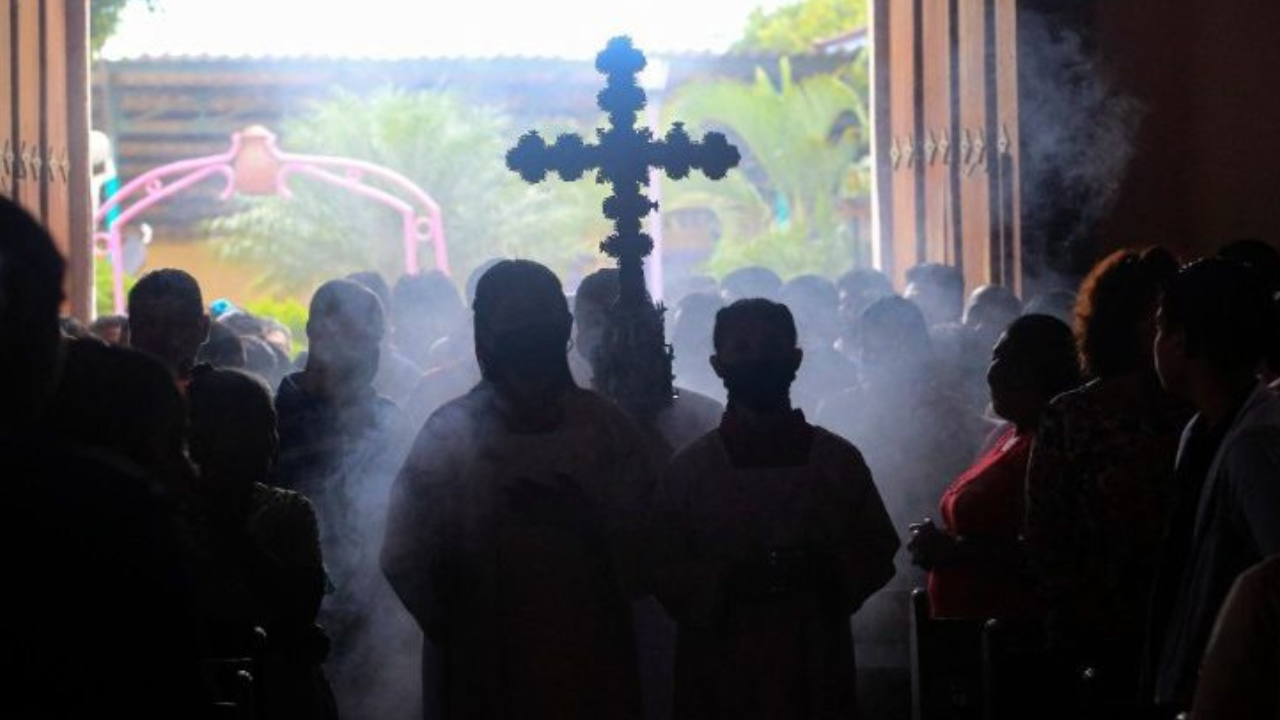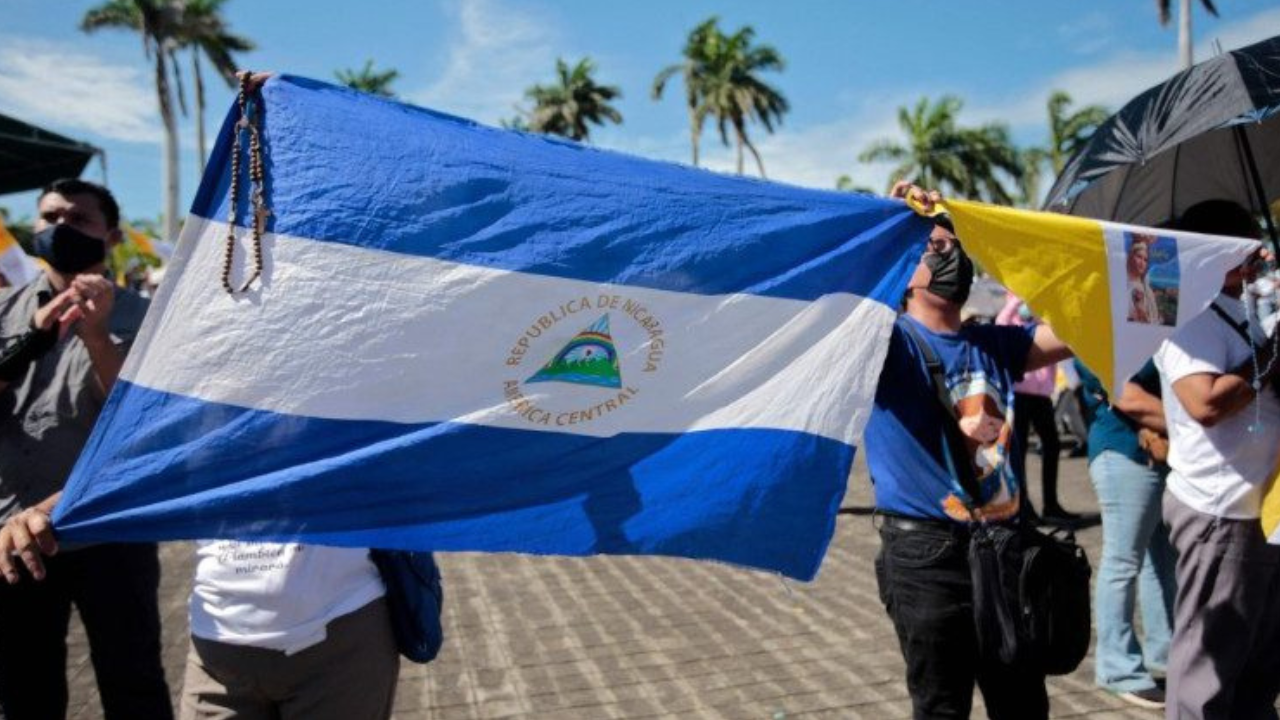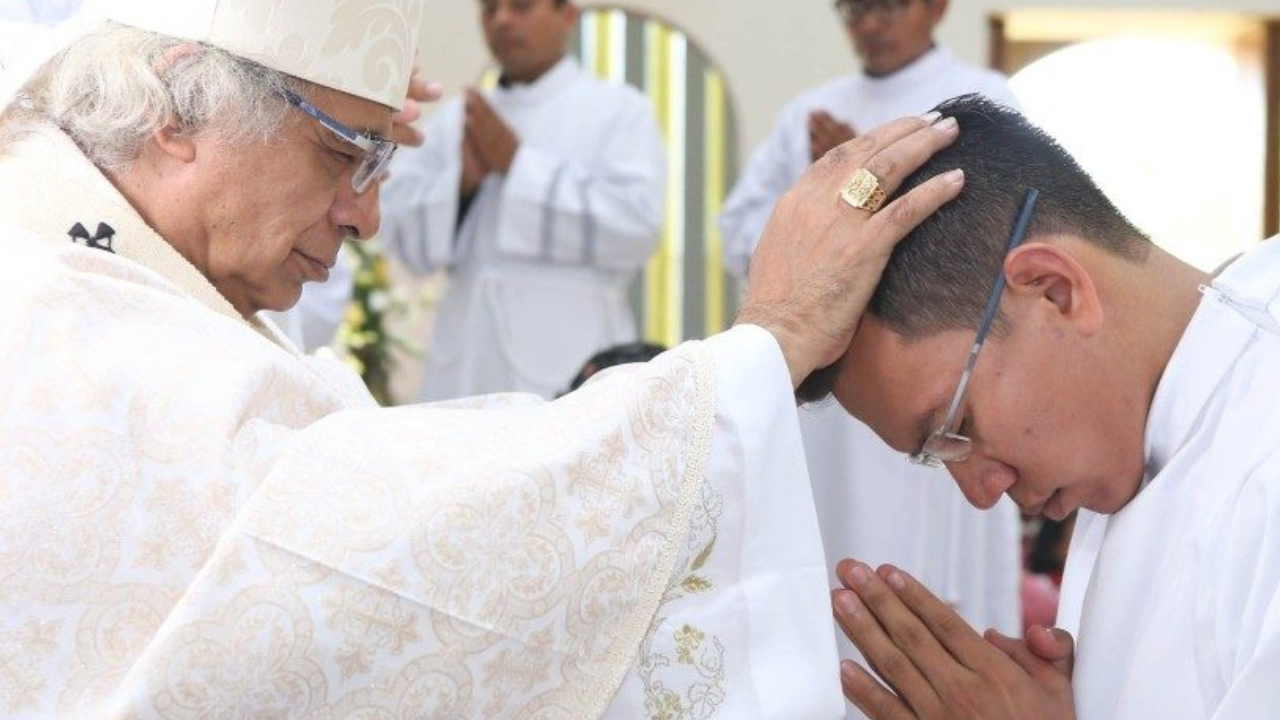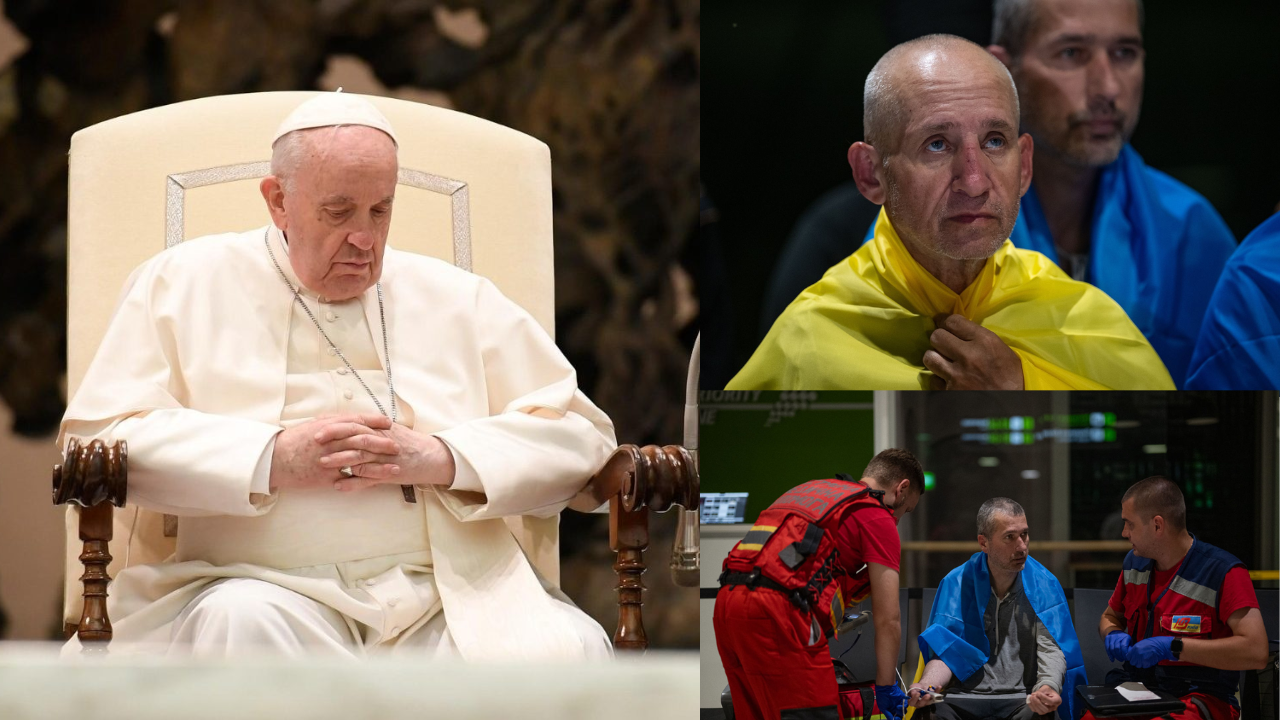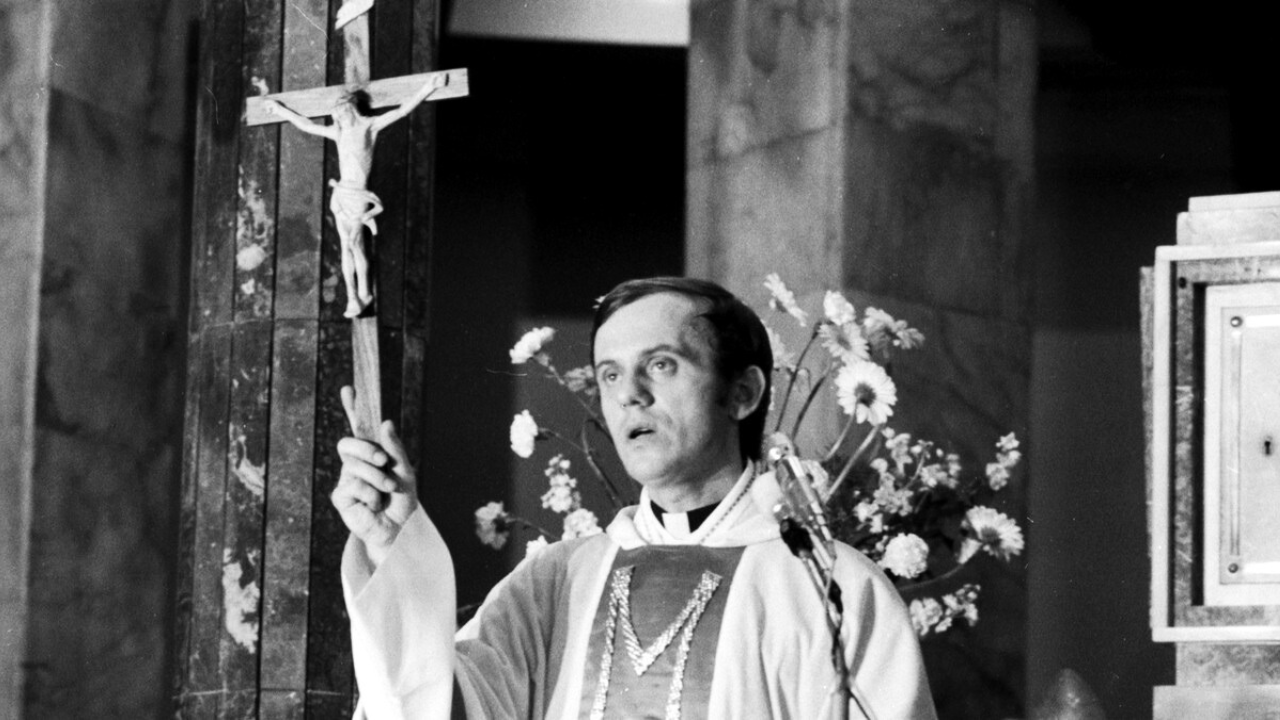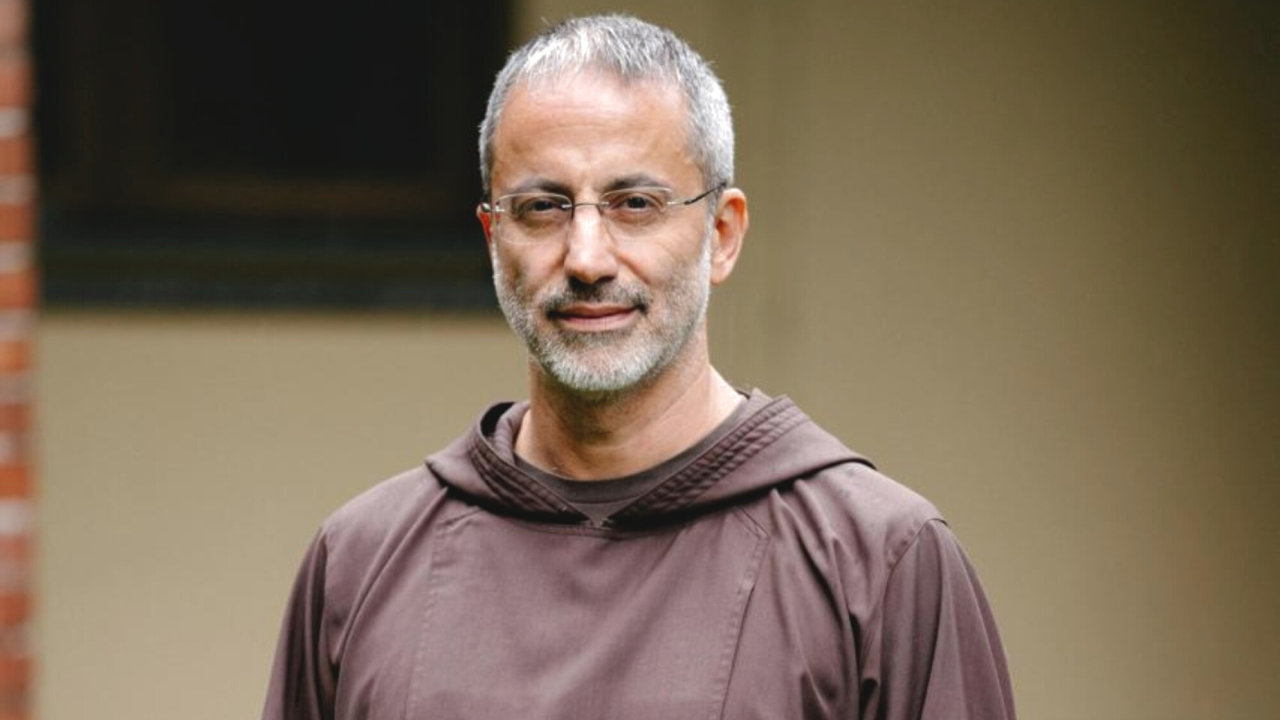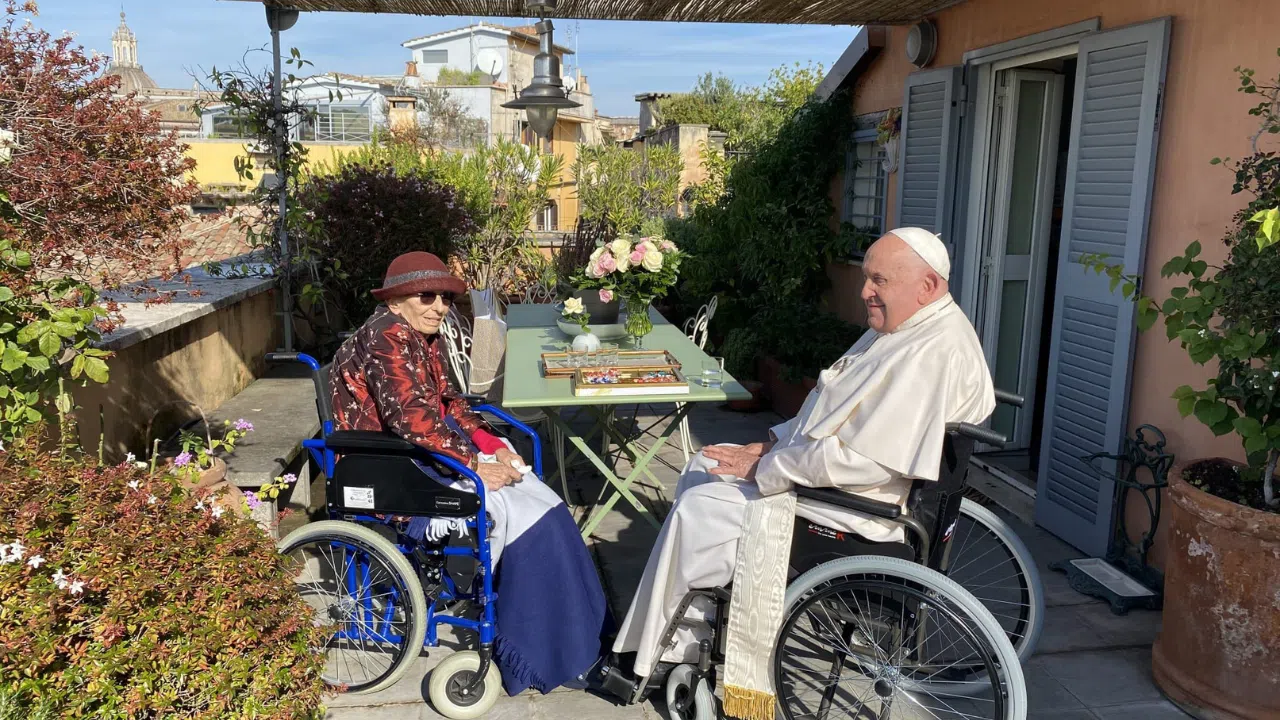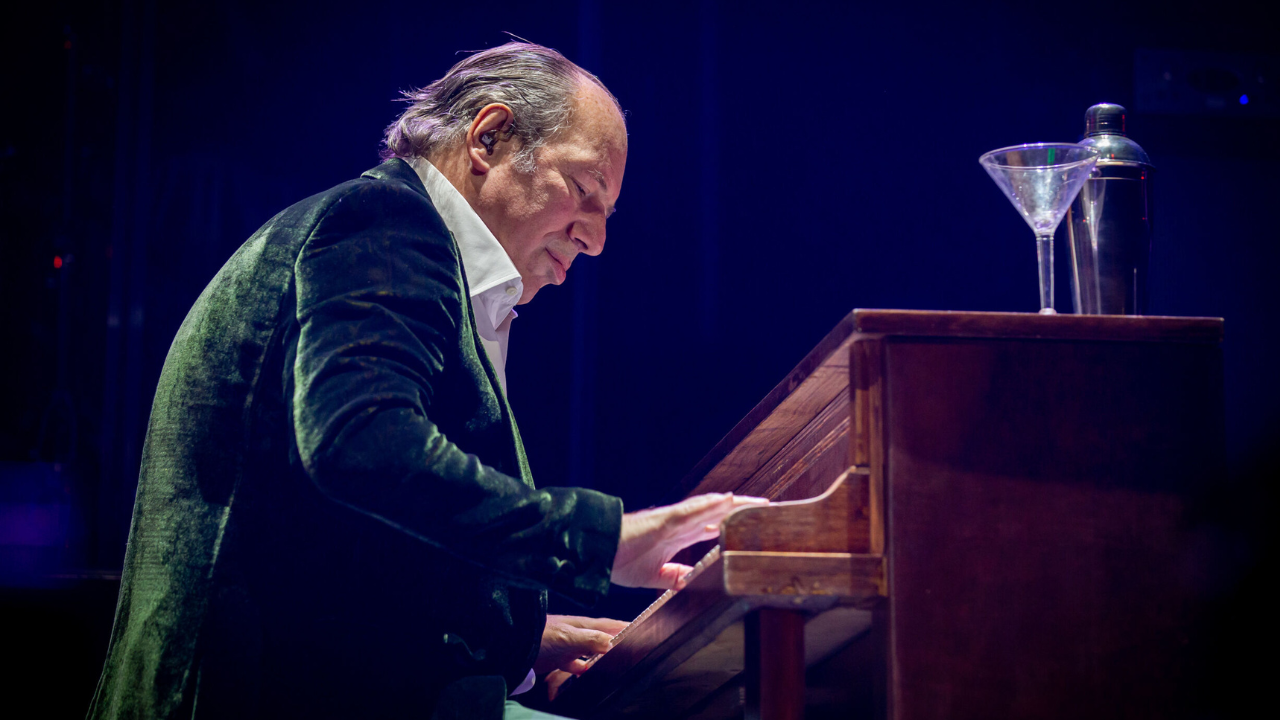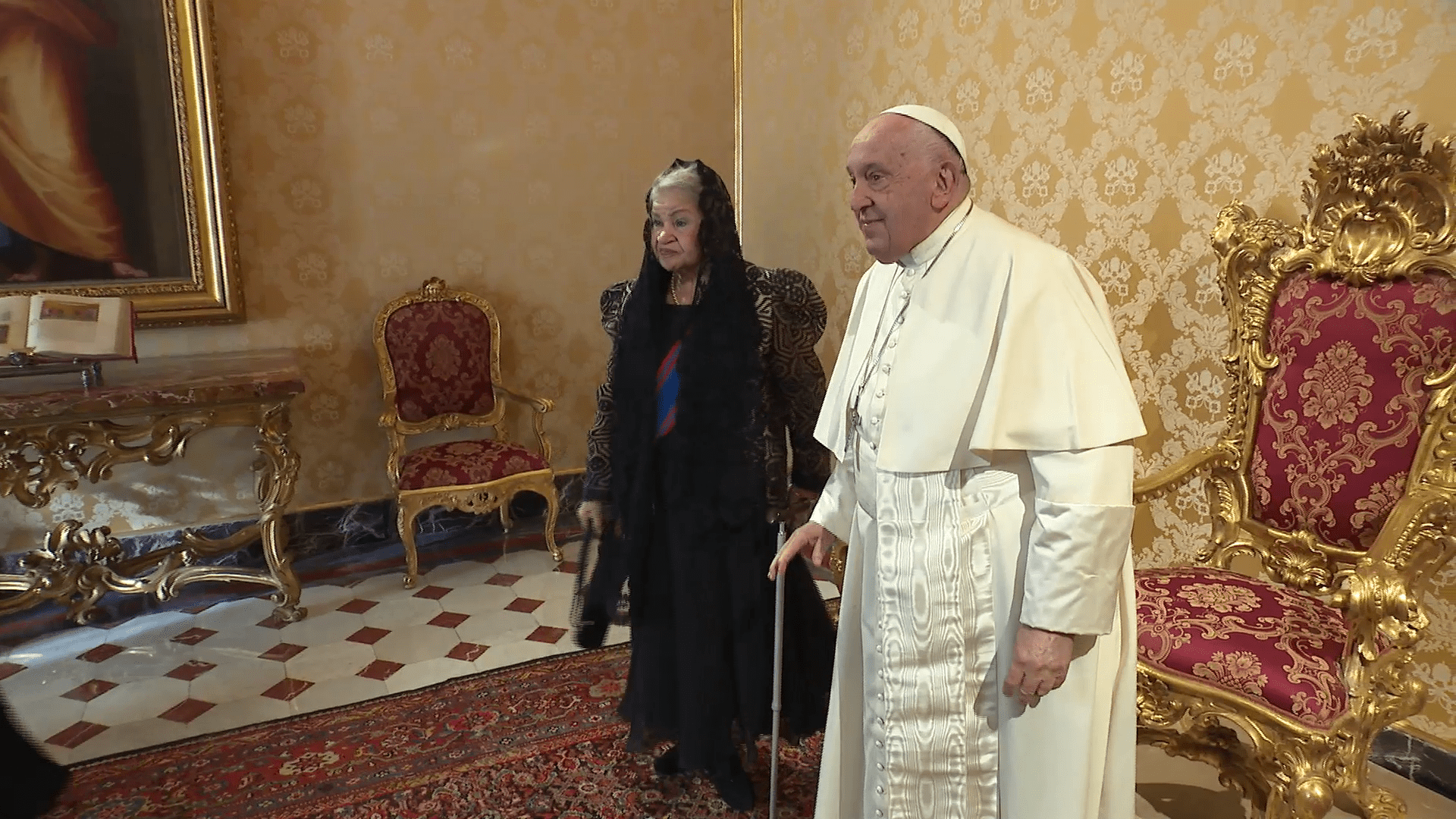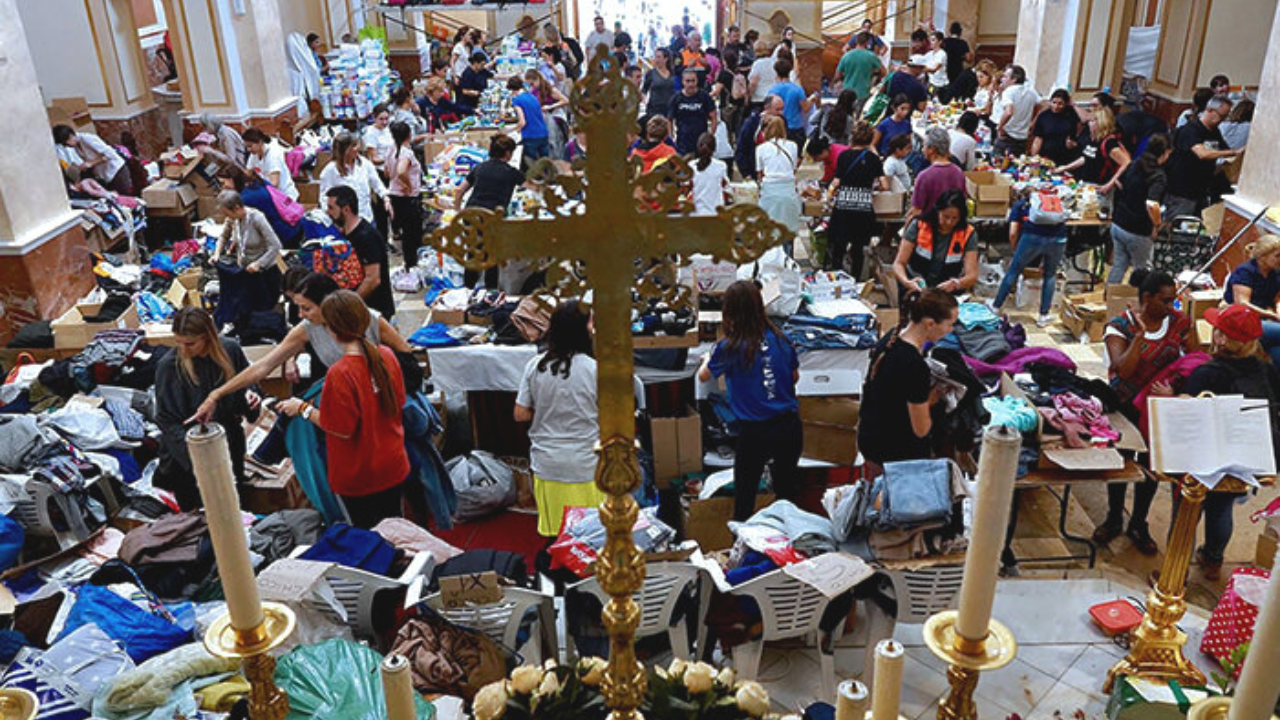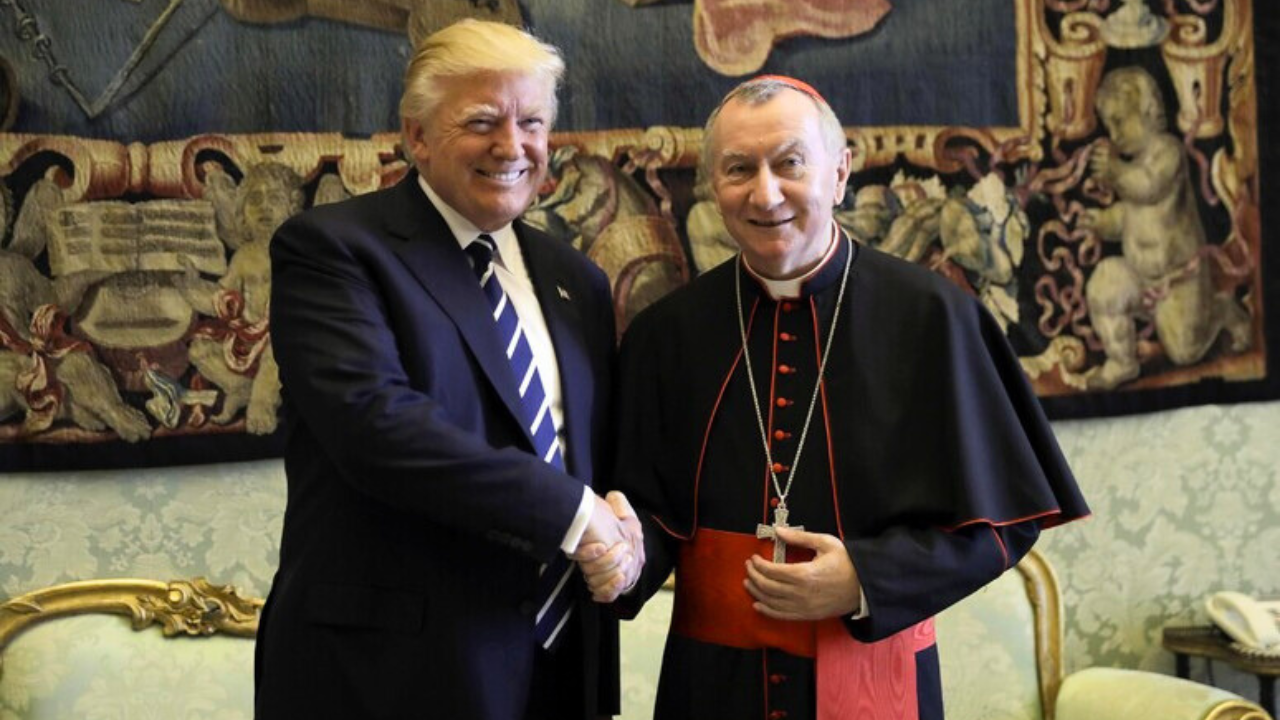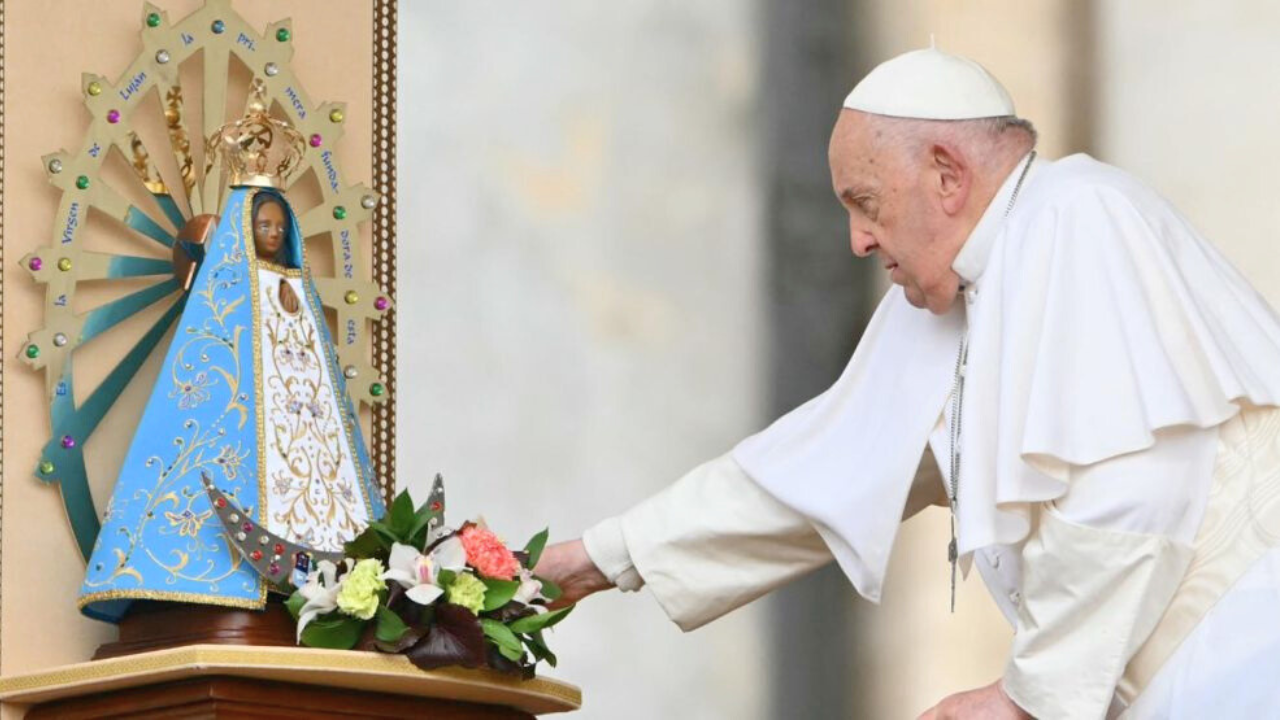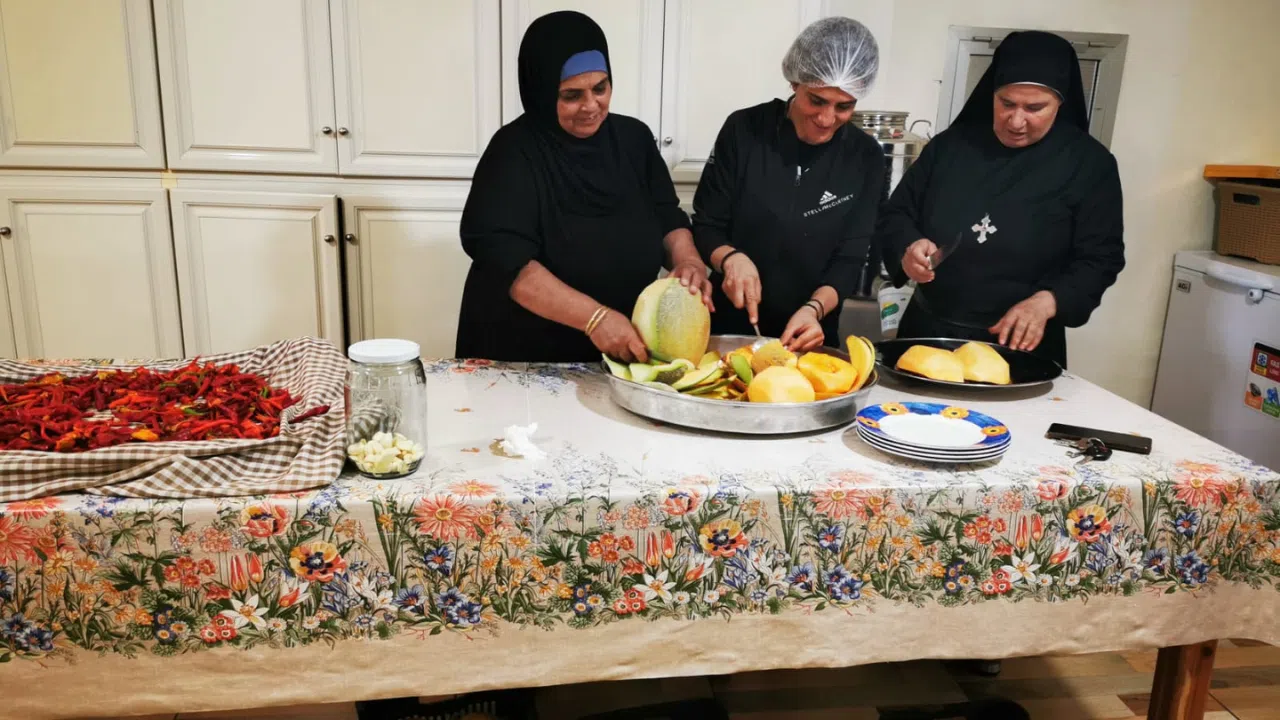Indian society is divided into different castes. At the bottom of the social hierarchy are the Dalits, traditionally considered unclean and untouchable. That's why many of them convert from Hinduism to Christianity, now making up an estimated 70 percent of the Church in India.
DR. TEHMINA ARORA
Director of ADF India
“A Dalit who has been told that he is unclean, impure, and has now an opportunity to be seen as an equal with another, within the Church, this is a wonderful promise, and you have many Dalits embrace that.”
However, because caste mentality is so ingrained in Indian culture, Dalits continue to experience discrimination and poor treatment by the upper-most castes, even within the Church.
DR. TEHMINA ARORA
Director of ADF India
“Dalit Christians find themselves ostracized. They are told very often, in their villages, that if they continue to embrace the Christian faith, they will have to pay a heavy fine. Nobody will have any social relationships with them. That means your neighbor won't talk to you, visit your house, nothing. They've also been told that they have to leave the village merely because they were practicing the Christian faith, and this is the new form of untouchability that Christians are facing.”
In 1950, a presidential order was enacted to protect Dalit Hindus against discrimination. These government protections were later extended to include Sikhs and Buddhists, but Christians and Muslims were excluded. Active persecution and lack of protection for these religious groups have prompted some Dalit Christians to convert back to Hinduism.
DR. TEHMINA ARORA
Director of ADF India
“But you've also seen several people stand up and embrace the Christian faith more strongly. We've had amazing testimonies of people, who in spite of terrible hardships, continue to live in the village and live out their Christian faith in that village.”
The Catholic Church and other Christian Churches and organizations have been advocating for the protection of all Dalits, regardless of religion. A petition challenging the order of 1950 is currently pending in the Supreme Court.
CT
